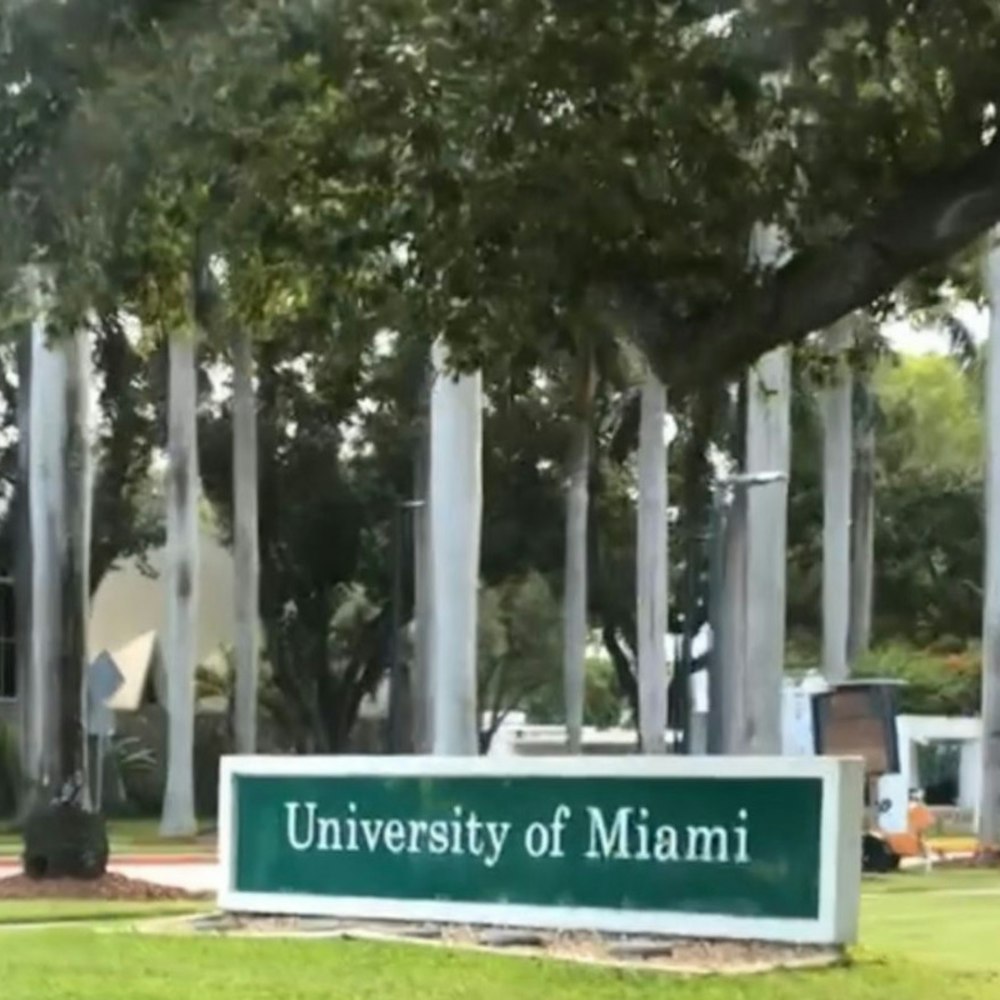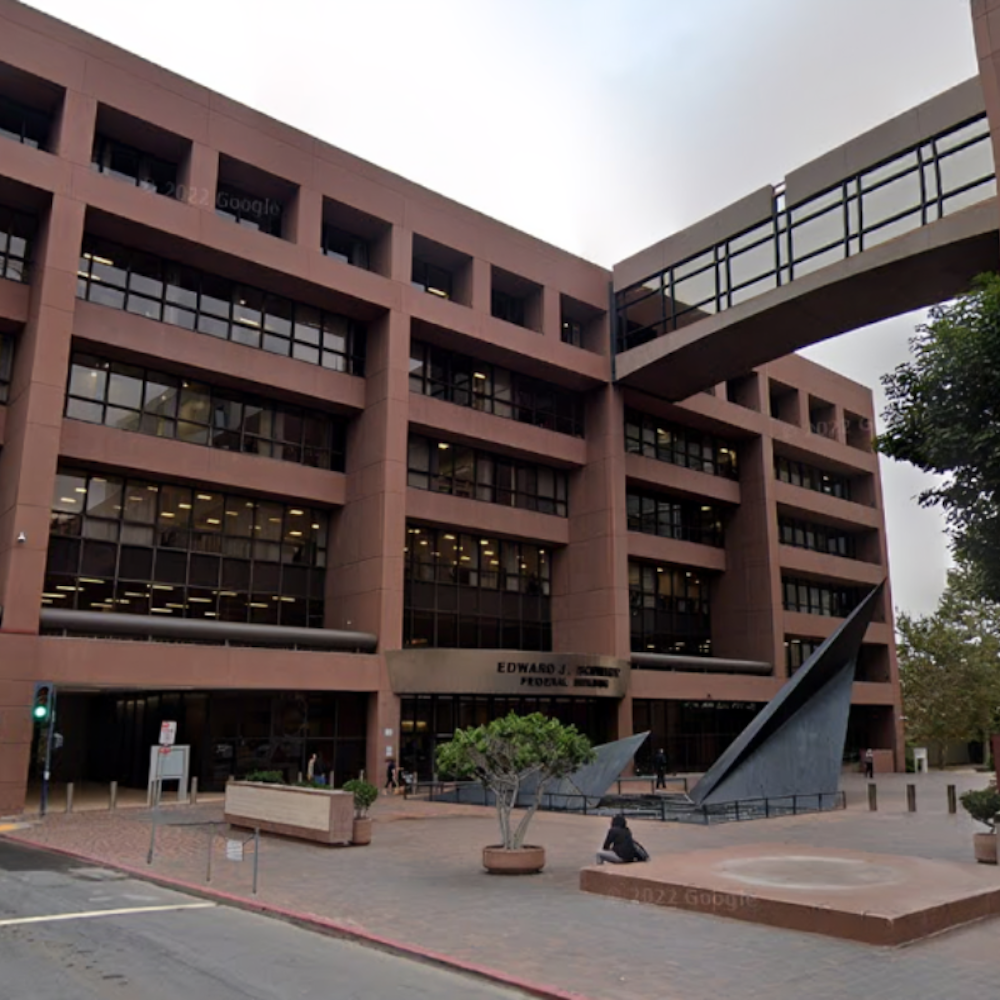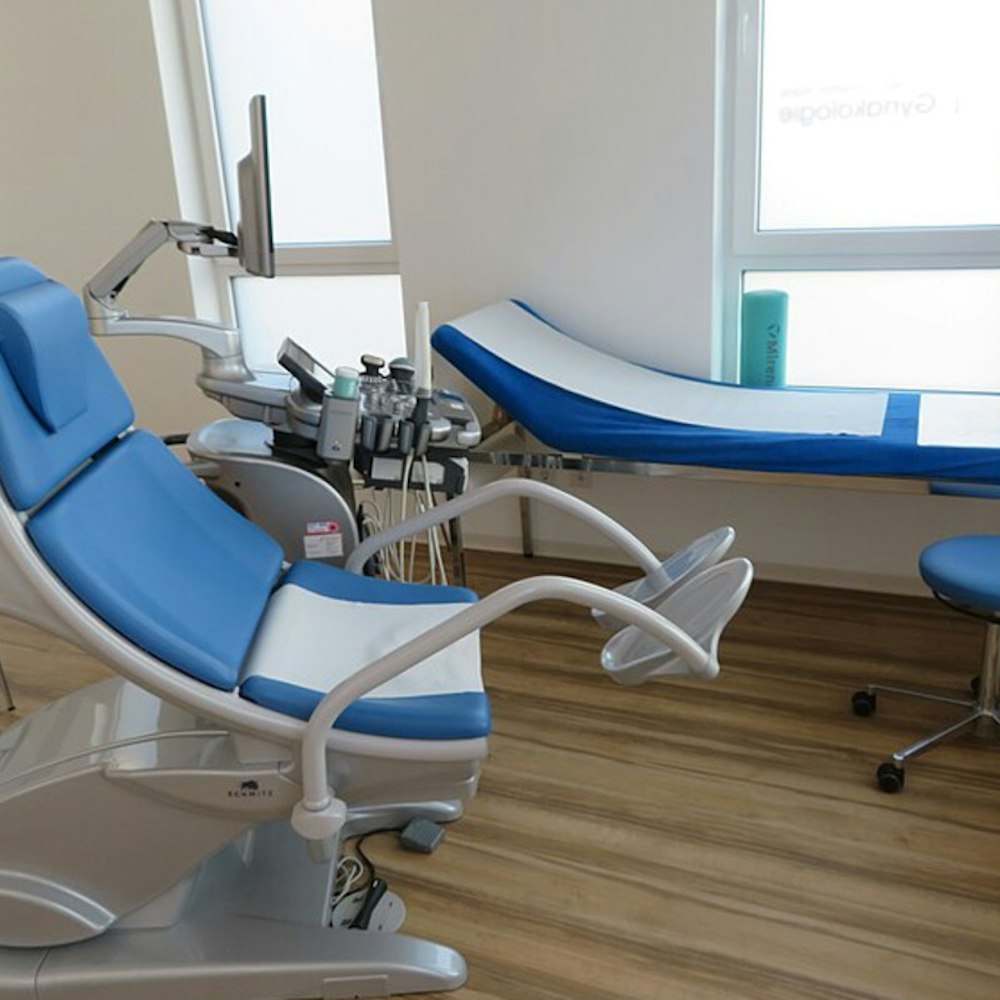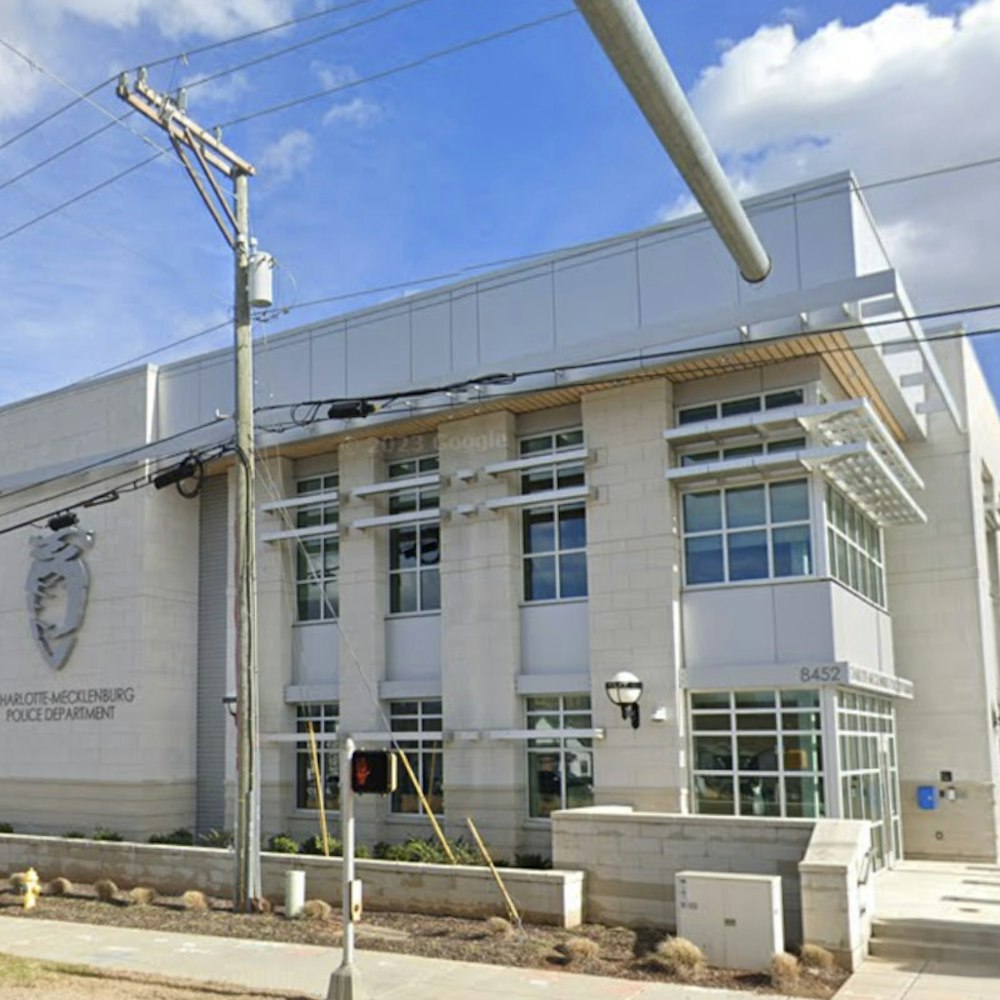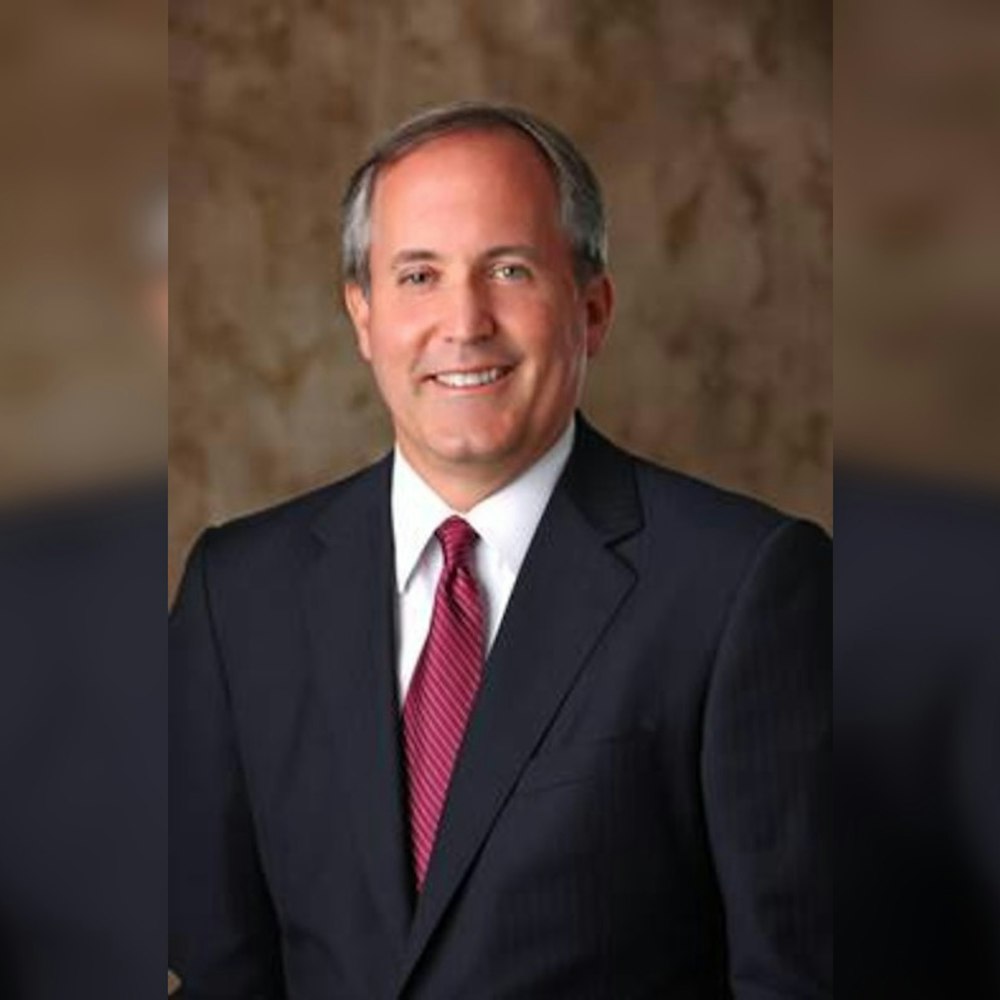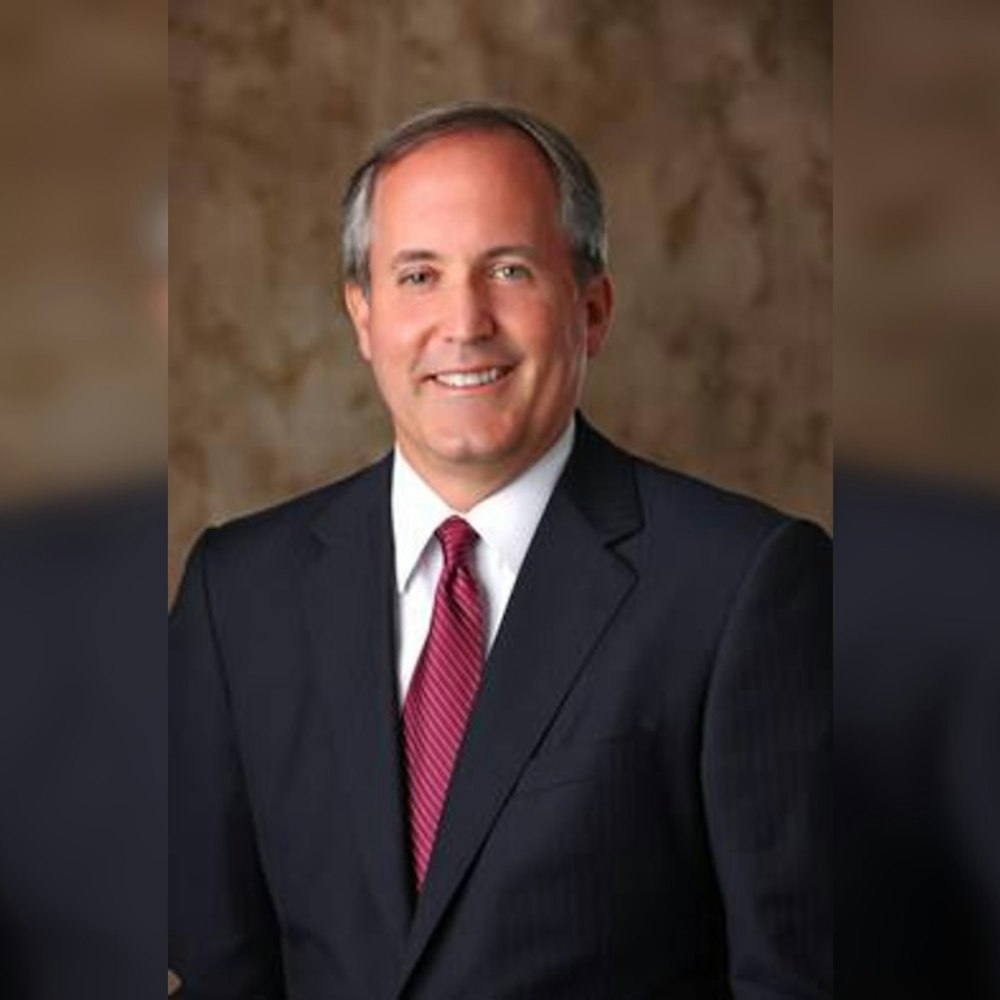
In an unprecedented move, the Chicago Teachers Union (CTU) and the Chicago Public Schools (CPS) came together for a public collective bargaining session last Friday, a session that placed environmental sustainability at the forefront of their agenda. As reported by the Chicago Tribune, the meeting marked the first time the CTU has held open negotiations with CPS regarding their "Green Schools" initiative, which aims to retrofit school buildings to reduce environmental impact and improve conditions for students, particularly in areas affected by industrial pollution.
The session, hosted at Marquette Elementary School on the Southwest Side, saw both parties agree on several safety and environmental targets, despite the current $391 million deficit faced by the district. CPS and CTU leaders, including union President Stacy Davis Gates and CPS Chief Operating Officer Charles Mayfield, were at the table, although CEO Pedro Martinez was notably absent, delegating the negotiation responsibilities to operational leaders, as stated in a previous district statement. According to an interview with the WLS, David Greising of the Better Government Association saw these negotiations focusing on converting about 50 schools to solar power and launching carbon-neutral pilot programs in five schools.
One of the key components of the CTU's proposal is the retrofitting of aging infrastructure, which includes the implementation of central air conditioning for extreme heat days, the removal of lead pipes, and the addition of solar or heat pumps. This also encapsulates the union's push for healthier, more culturally relevant lunches in 25 schools, which aligns with their vision for long-term sustainability and student wellness. With the shared goal of creating Green Schools, CTU ally Mayor Brandon Johnson highlighted the initiative as one of his long-term recommendations in a report last July, despite the significant financial obstacles the district faces, exacerbated as federal COVID-19 relief funds dwindle.
However, the financial hurdles are not deterring CTU from seeking alternative financing methods. They have urged the district and state leadership to pursue federal grants such as those available through the Inflation Reduction Act, the Department of Energy's Renew America’s Schools grant, and other state resources. "We think we can help you win money like this," CTU Vice President Jackson Potter told the school district officials, as quoted by the Chicago Tribune. In light of this collaborative spirit, the district has agreed to partner with CTU on the grant writing process, seeking to bring greater transparency to their joint efforts.
Despite these developmental strides, the conversation is far from over. With CTU's demand for a 4-year contract, which is at odds with CPS's preference for a 5-year deal, as well as the necessity to address disparities in schools and neighborhoods, there is much work to be done. "We've got to figure out how to shift priorities," Davis Gates said, stressing that the process involves more than just finding funding—it's about planning, commitment, and a clear vision for the future of the district's schools. Further open negotiation sessions are anticipated in the weeks ahead, providing the public with a window into the complex and, at times, contentious process of education reform in Chicago.
-1.webp?w=1000&h=1000&fit=crop&crop:edges)
